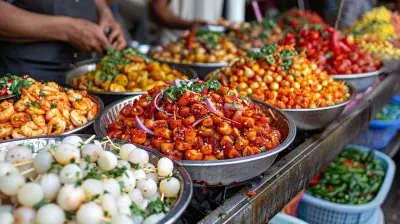Staying Safe in Countries with Political Instability
19 September 2025
Traveling is, without a doubt, one of the most enriching experiences you can have. You get to explore new cultures, taste amazing food, meet people you never thought you'd meet—and collect stories you'll be telling for the rest of your life. But let’s be honest: not every destination is a walk in the park.
Some countries are facing political uncertainty. Maybe they're in the middle of protests, civil unrest, or even occasional violence. Yet, that doesn’t always mean you should cancel your trip. With some careful planning and a little street smarts, you can travel safely and still make the most of your adventure.
In this guide, we're diving deep into how to stay safe in countries experiencing political instability—without sounding like a boring travel advisory. Let’s make sure your trip is memorable for the right reasons.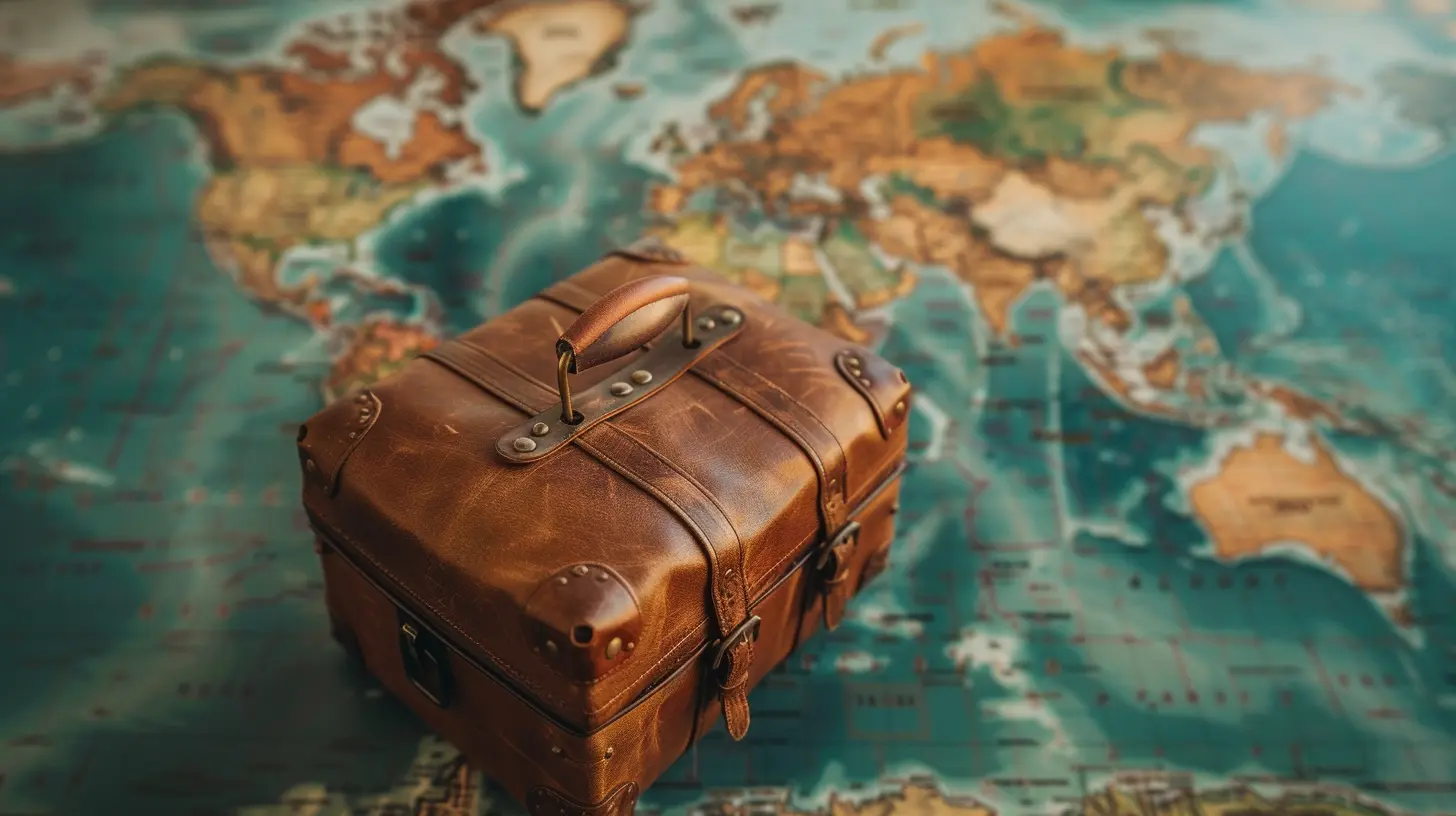
What Is Political Instability Anyway?
Before we talk about staying safe, it's essential to understand what we're up against.Political instability can look like:
- Frequent protests or demonstrations
- Changes in government or leadership (sometimes not so peaceful)
- Corruption or breakdowns in law enforcement
- Civil unrest, curfews, or travel restrictions
- Military coups, terrorism, or violent skirmishes (yes, the scarier stuff)
The key thing to remember? These situations don’t blanket a whole country. Often, the danger is contained to certain regions, cities, or even neighborhoods. Just because a country has turmoil in one area doesn’t mean the entire place is off-limits.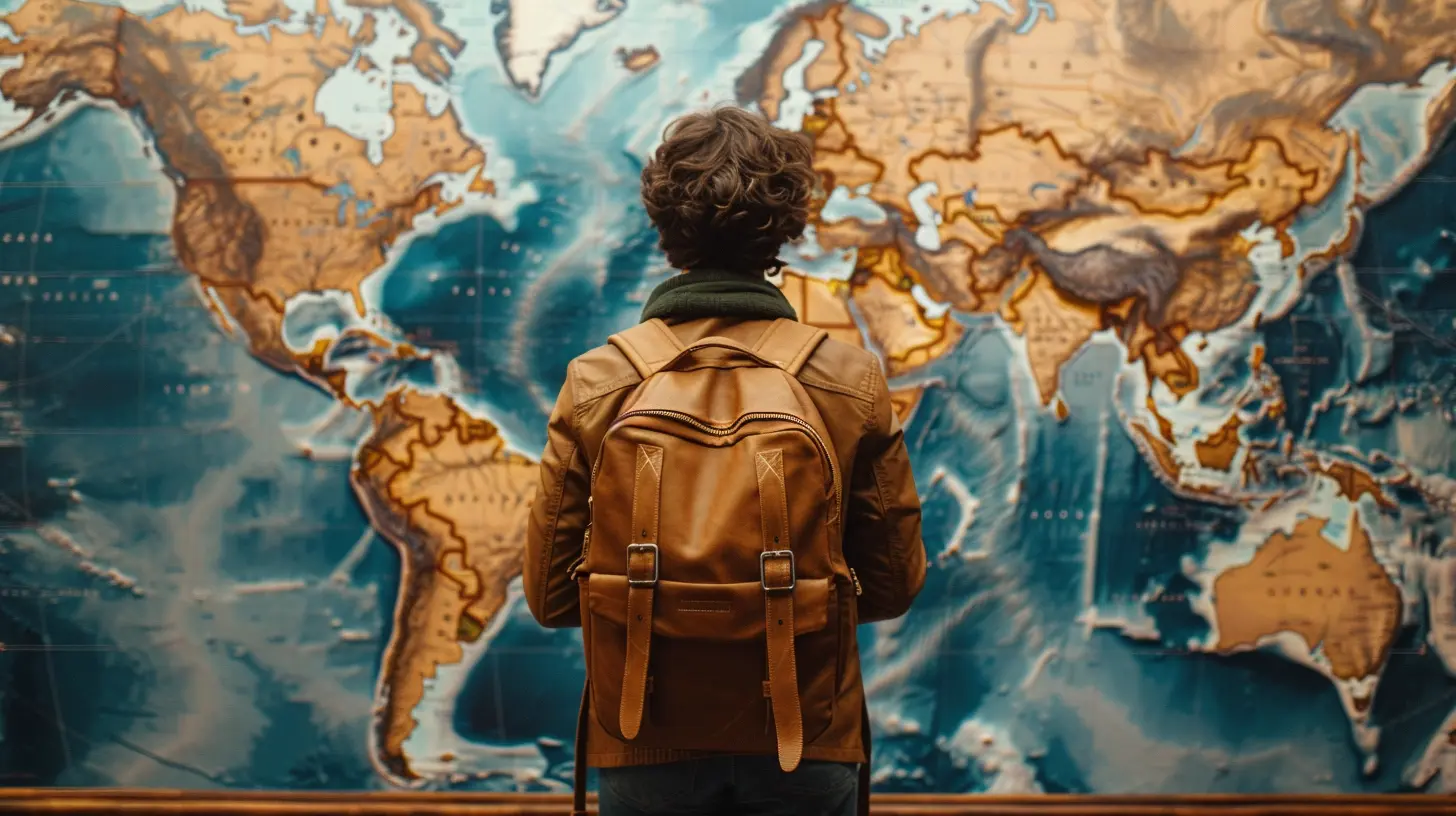
The Big Question: Should You Still Travel There?
Look, this is a personal decision. But let’s break it down logically.Ask yourself:
- Is the unrest localized or widespread?
- What do recent traveler reviews say?
- Has your government issued a travel warning?
If you're seeing red flags from trusted sources, maybe hit pause on this trip. But if the situation is stable in most parts of the country and you’re just avoiding certain hotspots, you can probably make it work—safely.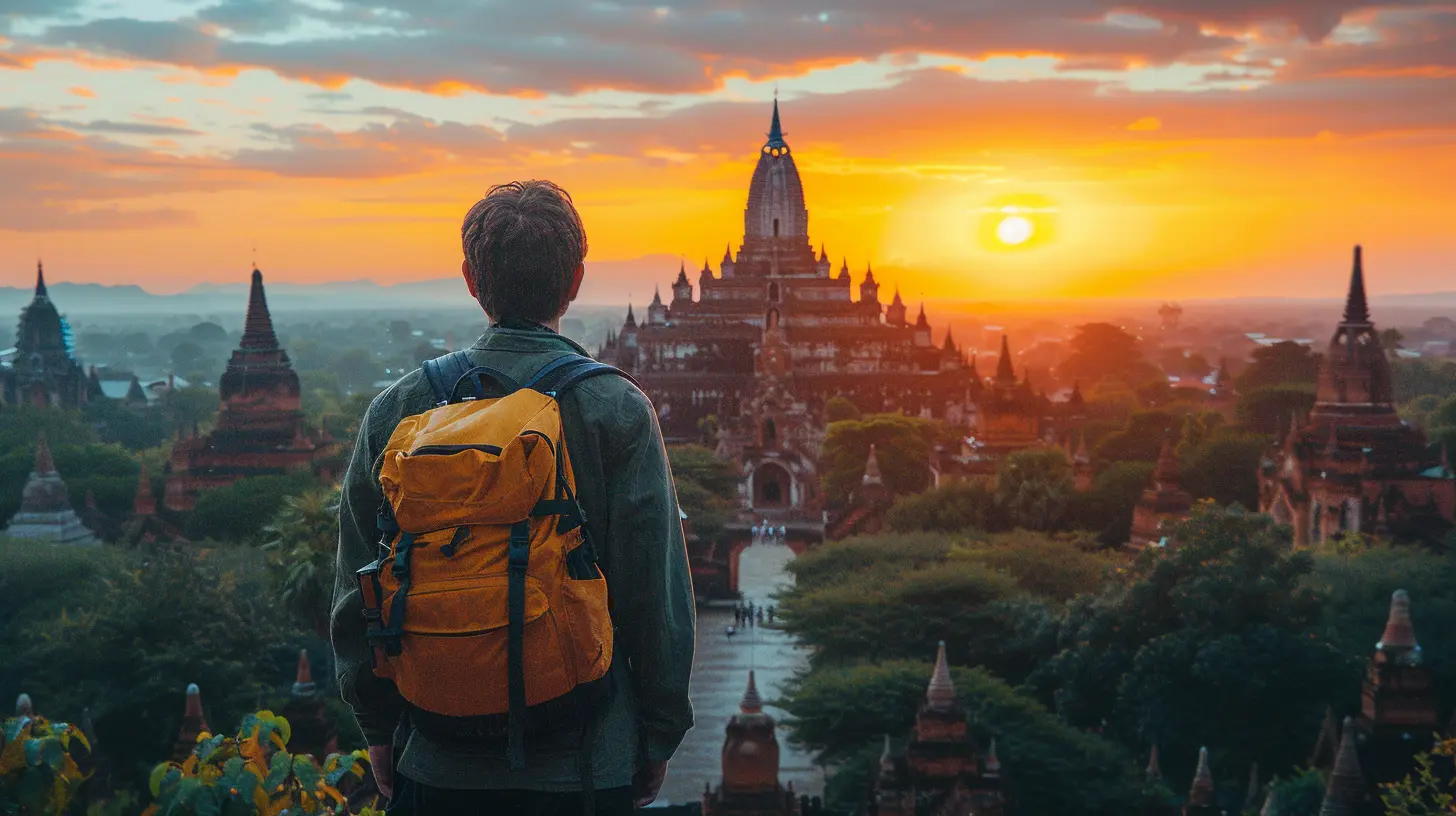
1. Do Your Homework (And Then Do It Again)
This is not the trip where you just "wing it."Before you book:
- Check your government’s travel advisory website (like travel.state.gov or gov.uk)
- Follow local news from that country (Google Translate is your friend!)
- Join online traveler forums or expat groups for insider info
Once you land, keep checking for updates. Political situations can turn on a dime. Download apps like SmartTraveler, Alertify, or Sitata that send real-time travel alerts.
💡Pro Tip: Sign up for travel registration programs like the U.S. STEP (Smart Traveler Enrollment Program). It lets your embassy know where you are in case of an emergency.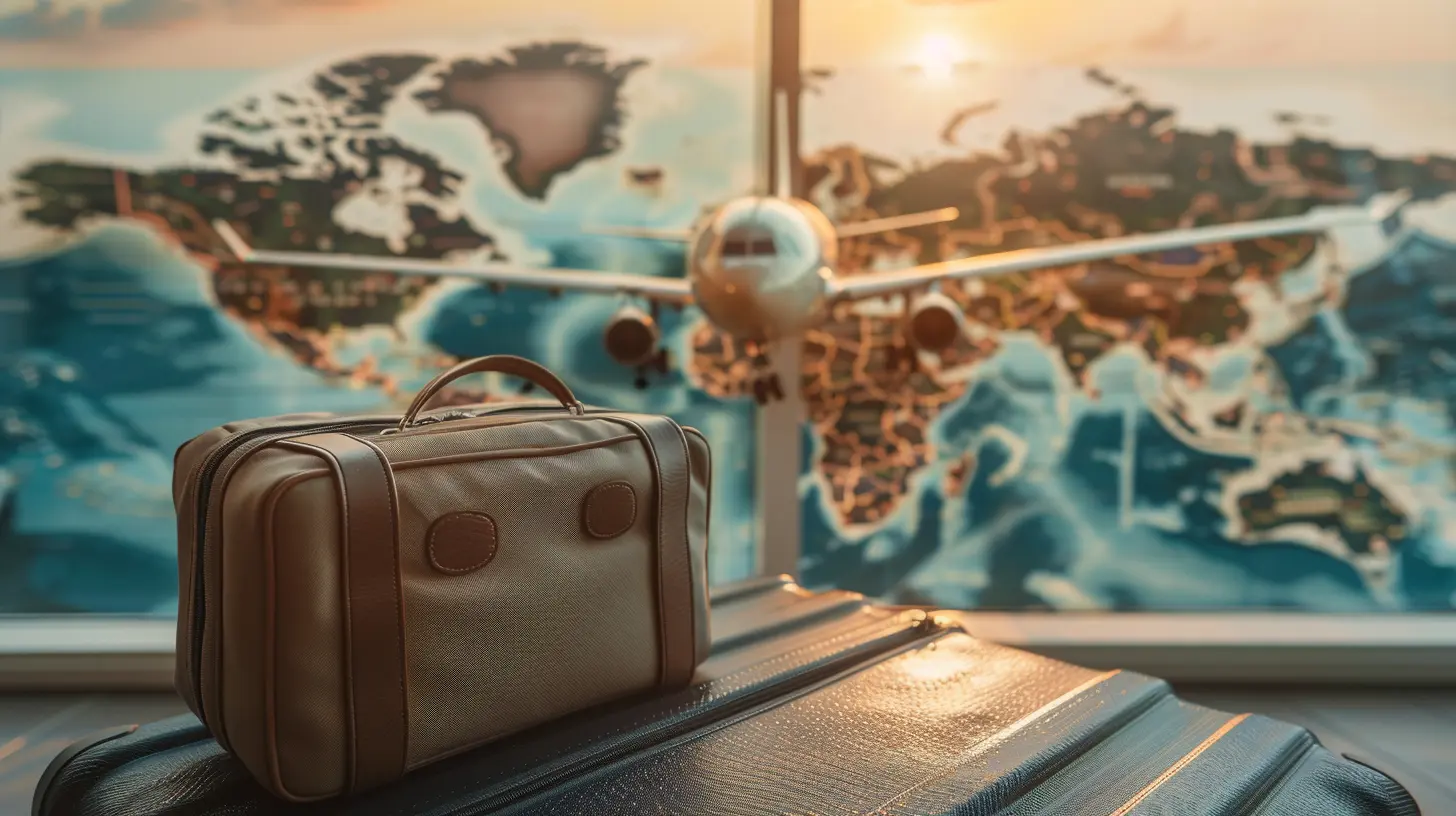
2. Choose Your Accommodation Wisely
Don’t just go for the cheapest hostel with an iffy location.When dealing with political unrest, where you stay matters—a lot.
Here’s what to look for:
- A good neighborhood with low crime rates
- Proximity to embassies or international zones
- Hotels known for their safety standards and emergency plans
- Ability to stay in touch (strong Wi-Fi is more than a luxury here)
Avoid staying too close to government buildings, police stations, or areas where protests are common. These can quickly become risky zones.
3. Blend In Like a Local
This isn’t the time for flashy jewelry, giant backpacks, or waving your passport around like a flag.The more you look like a local, the less attention you’ll draw. Here’s how to blend:
- Dress modestly and appropriately for the culture
- Don’t flash money or valuables
- Walk with confidence, not confusion
- Learn a few basic phrases in the local language
The goal? Don’t stand out. In a politically unstable country, the last thing you want is to be mistaken for a journalist, a protestor, or worse—an easy target.
4. Avoid Crowds, Protests, and Demonstrations
Even if you’re curious… stay away.A peaceful protest can turn violent in seconds. You don’t want to be in the middle of that, trust me.
If you accidentally come across one:
- Turn around immediately and leave the area
- Avoid taking photos or videos—it can get you mistaken for media
- Stay calm and non-confrontational if confronted
Always have a backup route mapped out in case a street is blocked or dangerous. Google Maps is helpful, but so is asking hotel staff or locals for alternate paths.
5. Always Have a Plan B (And C)
Let's break this down. You need both an exit strategy and a communication plan.Have a go-bag ready:
- Passport and copies of important docs
- Basic first-aid kit
- Cash in small denominations in local currency
- Phone charger and power bank
- Local SIM card or international roaming set up
Also, map out:
- The nearest embassy or consulate
- Hospitals or clinics
- Transportation hubs (train stations, airports)
Tell a friend or family member your itinerary and check in regularly—especially if the situation on the ground changes.
6. Use Transportation Safely
Skip public transport if things feel unstable. Crowded buses and subways can become hotbeds for crime or flashpoints in unrest.Instead:
- Stick to official taxi services or rideshare apps like Uber (if available)
- Avoid traveling at night or through sketchy areas
- Arrange airport transport in advance with your hotel or a trusted provider
Stay alert during rides. If something feels off, trust your gut. Your intuition is your built-in security system—don’t ignore it.
7. Keep a Low Digital Profile
In politically unstable regions, even your online activity can raise eyebrows.Think carefully before:
- Posting about politics, protests, or government actions
- Using hashtags that might be monitored
- Sharing your location in real time
Governments can (and sometimes do) track social media. You’re visiting—this isn’t your fight. Stay neutral online and off.
8. Respect Local Laws and Customs
It's easy to forget, especially when you're in vacation mode. But ignorance isn’t an excuse. Something minor like chewing gum (hello, Singapore) or taking a photo of a government building can lead to fines or worse.Always:
- Know the dos and don’ts of the local culture
- Carry a copy of important ID at all times
- Avoid conversations about politics with locals—it could put them in danger too
When in doubt, err on the side of polite. A smile and a respectful attitude go a long way.
9. Stay Connected (But Not Too Connected)
Having the internet is a must—but don’t rely on it alone.Download offline maps and key documents. If the internet is restricted or shut down (which happens during unrest), you’ll be glad to have:
- Offline translation apps
- Emergency contact info written down
- Printed tickets or travel documents
Also, make sure your phone is always charged. Carry a backup battery or solar charger if you're out exploring all day.
10. Know When to Get Out
This is the hardest one, but also the most important.If the situation feels like it’s going from bad to worse, don’t try to “tough it out.” You’re not a hero—you’re a tourist.
Get in touch with your embassy, rebook your flight, and leave if:
- Airports are shutting down
- Curfews are set
- Martial law is declared
Better to cut your trip short than risk getting caught in a dangerous situation. Your safety always comes first.
Real Talk: Is It Worth the Risk?
Here's the truth—only you can answer that.Some travelers thrive in off-the-beaten-path places, even the edgy ones. Others prefer a relaxing beach with no drama. Neither choice is wrong. Just weigh the risks, prepare accordingly, and always listen to your instincts.
Traveling through politically unstable countries can open your eyes, challenge your worldview, and build your confidence—but it should never cost your safety.
Final Thoughts
Staying safe in countries with political instability doesn’t mean canceling your trip or living in fear. It means traveling smarter.Do your research. Keep a low profile. Listen more than you speak. And always—always—have an exit plan. The world is a wild, beautiful place. Political unrest is just one small piece of the puzzle. Don’t let it steal your adventure, but don’t pretend it’s not there either.
Stay alert. Stay respectful. Stay smart.
And you’ll have stories worth telling… for all the right reasons.
all images in this post were generated using AI tools
Category:
Travel SafetyAuthor:

Reed McFadden
Discussion
rate this article
1 comments
Zephyra McFadden
Navigating travel in politically unstable regions requires vigilance and preparation. Researching current events, understanding local customs, and remaining aware of your surroundings are essential. Opting for guided tours and having contingency plans can enhance safety. Ultimately, informed and cautious decision-making ensures a rewarding experience while minimizing risks associated with instability.
September 24, 2025 at 3:51 PM

Reed McFadden
Thank you for your insightful comment! Your emphasis on preparation and awareness is crucial for safe travel in politically unstable regions.

